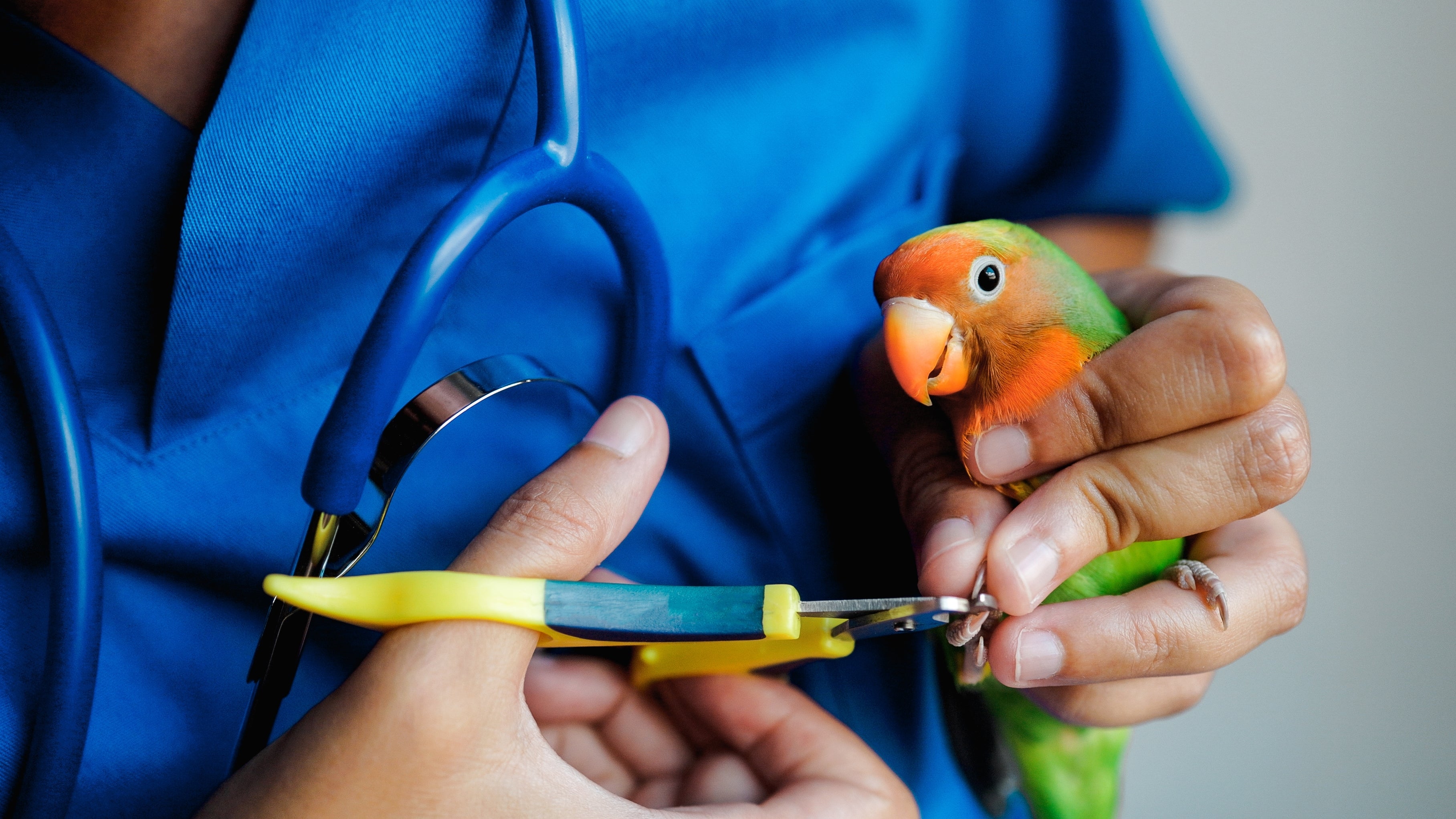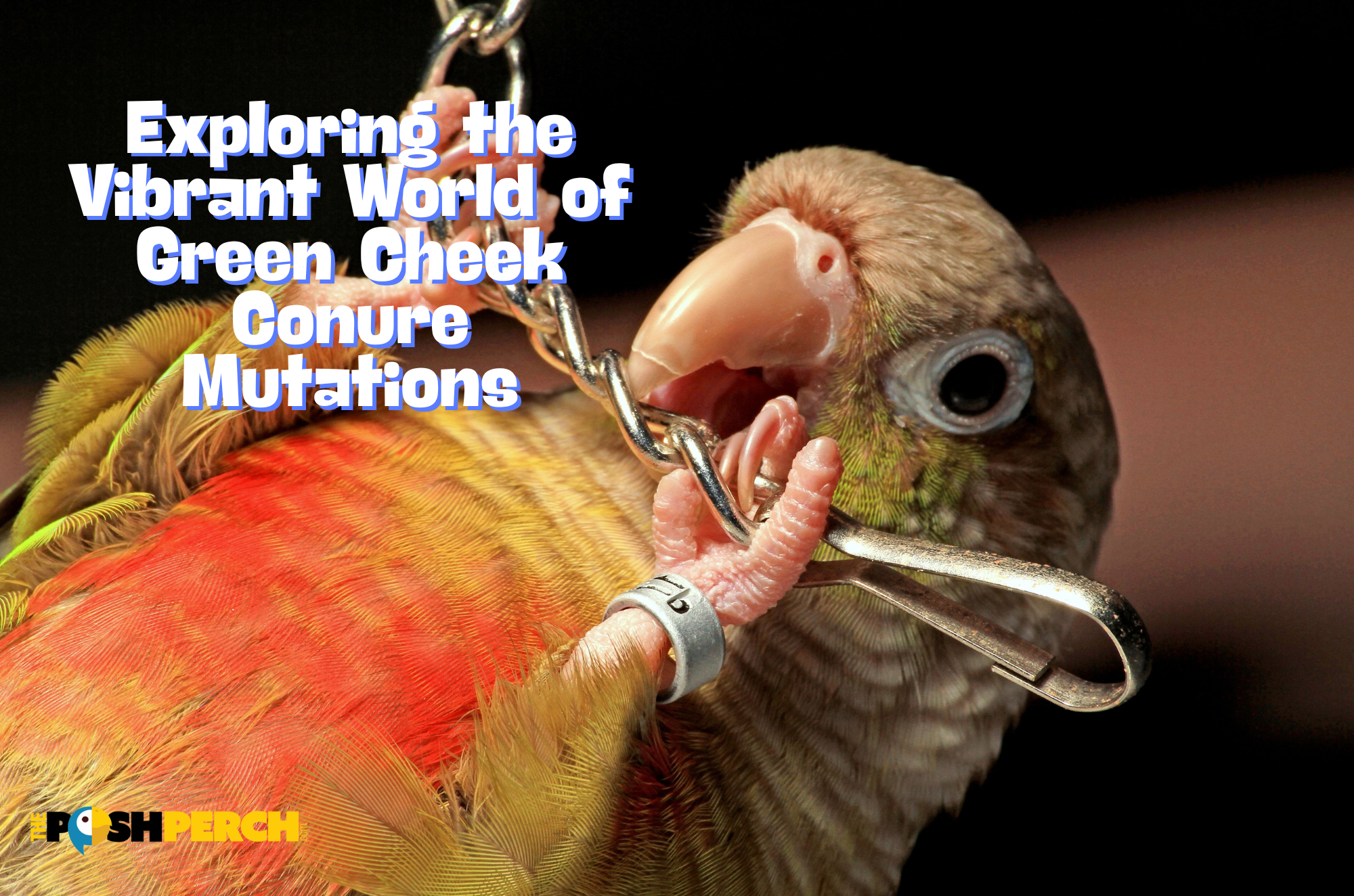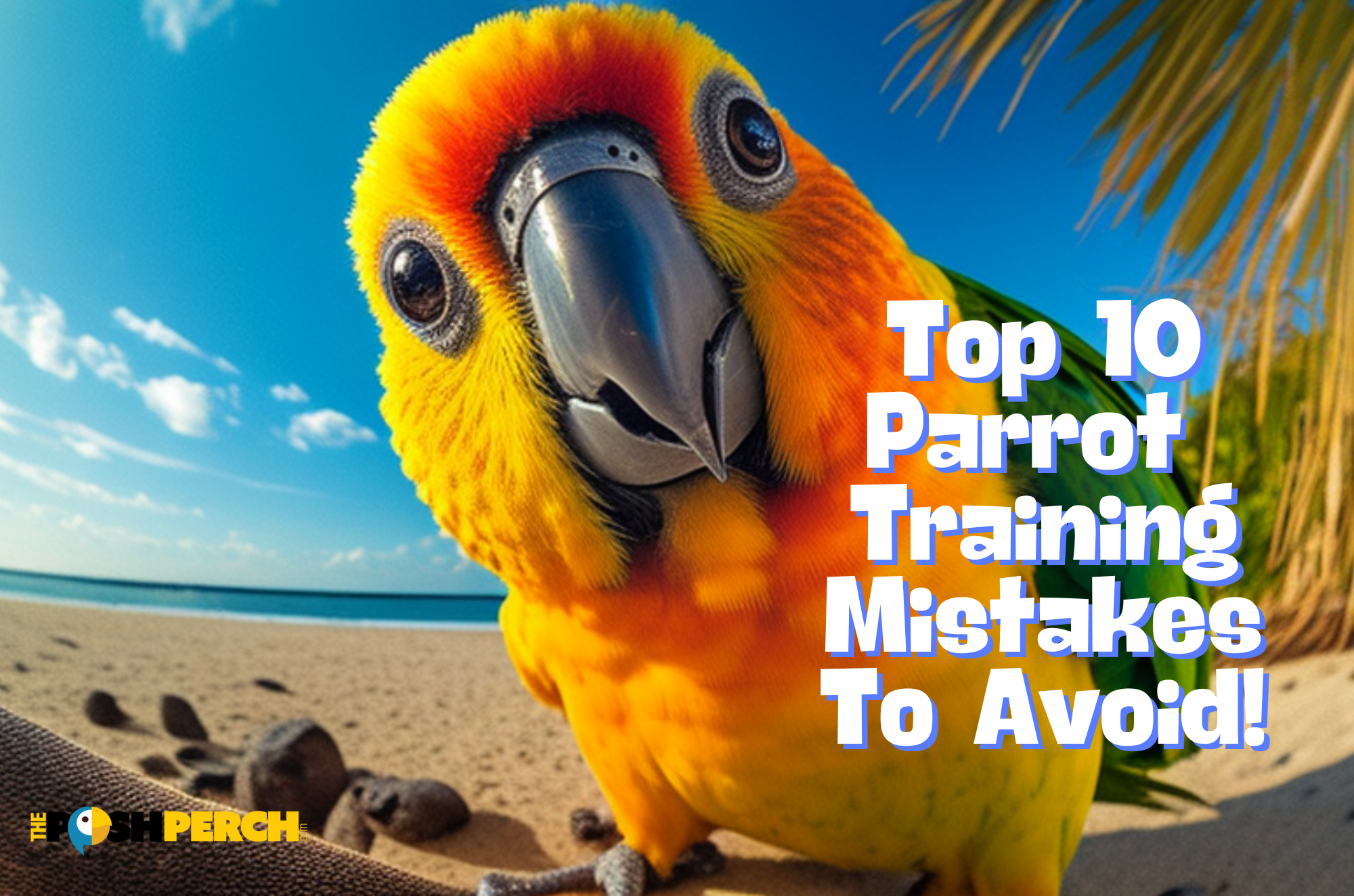
Is Owning a Parrot Hard?
5 min reading time

5 min reading time
Owning a parrot can be a rewarding experience, but it's not without its challenges. Here, we break down the common difficulties and benefits of having a feathery friend, plus essential care tips to ensure your parrot thrives.
Parrots are social creatures that require a significant amount of attention and interaction. If you're busy or away from home often, this can become challenging. Parrots need daily engagement to prevent loneliness and behavioral issues.
A balanced diet for a parrot can be complex and costly. They require a mix of pellets, fresh fruits, vegetables, and occasional nuts or seeds. Ensuring they receive all necessary nutrients can be time-consuming.
Parrots are highly intelligent and need regular mental stimulation. Without it, they can become bored and develop destructive behaviors. Providing toys, puzzles, and new experiences is essential.
Parrots have long lifespans, ranging from 20 to 80 years depending on the species. Owning a parrot is a long-term commitment, requiring plans for their care over many decades.
Parrots can be loud, which may not be suitable for all living situations. Their vocalizations can be disruptive, especially in shared living spaces like apartments.
Maintaining a clean and safe environment is crucial. Regular cage cleaning, removal of droppings, and ensuring no toxic materials are within reach are essential tasks.
Finding an avian veterinarian may be challenging and healthcare for parrots can be expensive. Regular check-ups are necessary to monitor their health and address any concerns early.
Parrots are highly intelligent and can be taught to talk and perform tricks, making them engaging and interactive pets.
For those who can dedicate the time and care, parrots offer long-term companionship due to their lengthy lifespans.
Caring for a parrot instills a sense of responsibility and can promote a structured lifestyle, which can be beneficial for both adults and children.
Their colorful plumage and playful behavior provide endless entertainment and joy, especially in family settings.
Many parrot species are affectionate and enjoy physical contact, making them loving companions.
Allocate time each day to interact and play with your parrot to prevent loneliness and boredom.
Provide a varied diet with pellets, fresh fruits, vegetables, and occasional nuts or seeds to meet their nutritional needs.
Offer toys such as puzzle feeders and chew toys to keep your parrot mentally stimulated and prevent behavioral issues.
Ensure a clean and safe living space by regularly cleaning the cage and removing any toxic materials.
Schedule regular vet visits to monitor your parrot's health and address any potential issues early.
Respect your parrot's need for sleep by providing a quiet, dark space for uninterrupted rest.
While owning a parrot comes with its challenges, the rewards of having a smart, engaging, and affectionate companion can make it all worthwhile. By understanding the needs of your parrot and committing to their care, you can ensure a happy and healthy life for your feathered friend.


